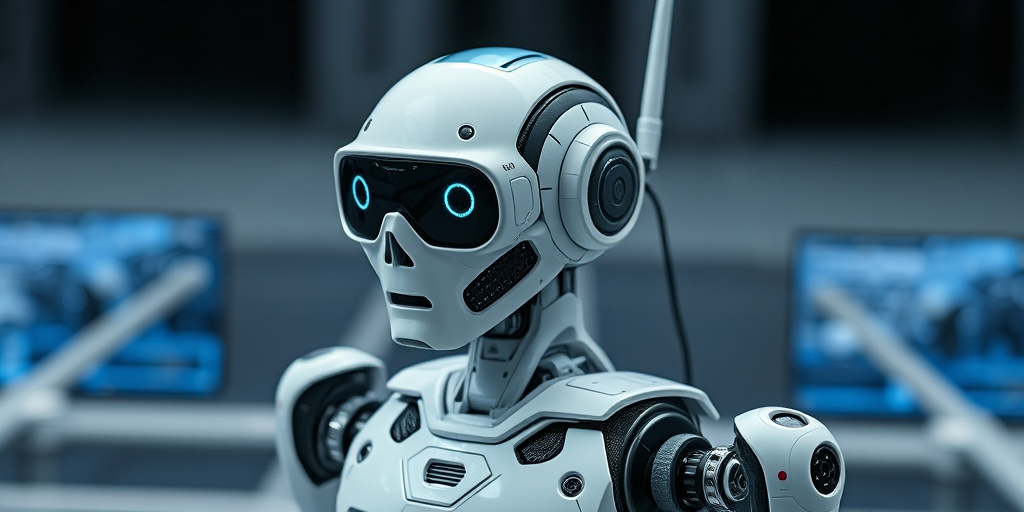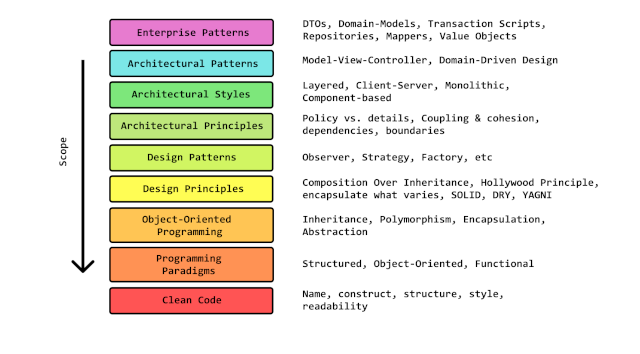
Robot Operating System (ROS) Software Stack
The Robot Operating System (ROS) is a popular open-source software framework for building robotic applications. It provides a structured communications layer on top of the host operating system, with tools and libraries for simplifying the complex task of creating robot behavior across various robotic platforms. ROS enables code reusability and makes it easier to integrate different capabilities and share solutions. ROS Robotics Software Stack Overview ROS consists of a number of components that work together to enable robotic development. The core ROS components include the communications infrastructure, robot-specific tools and capabilities, and developer tools. The communications infrastructure allows processes to communicate with each other, passing messages for tasks like sensor data processing, control, and actuator commands. ...
